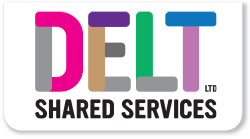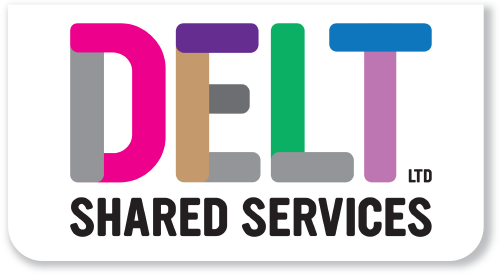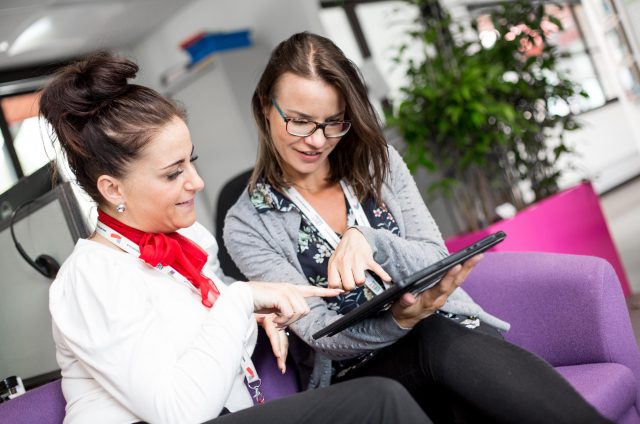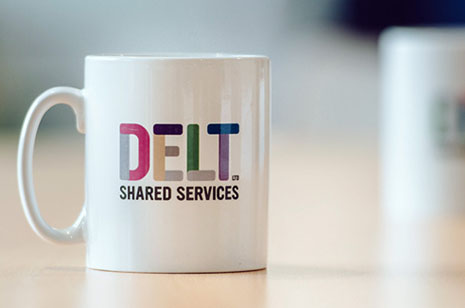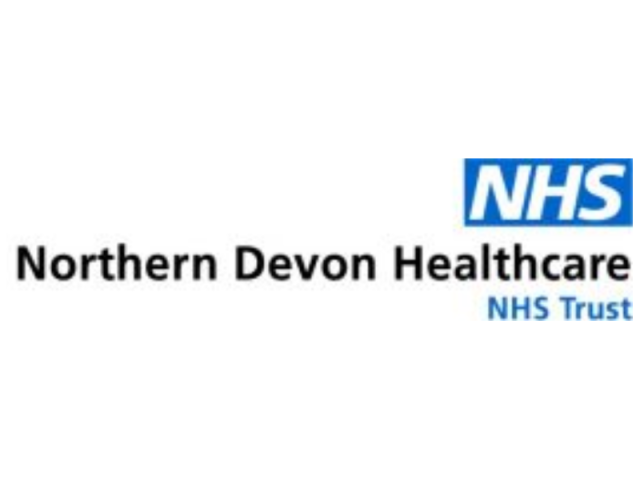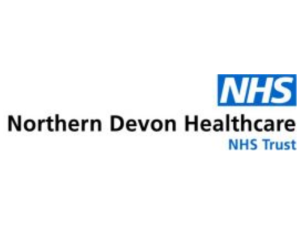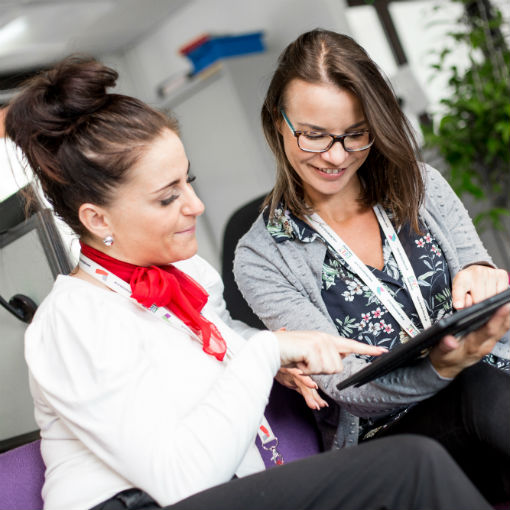
10 Reasons Why Adult Learning is Awesome!
At DELT we value curiosity and encourage lifelong learning. With October being National Learning Month, we thought we would highlight the top 10 reasons why continuous learning is important.
- The structure of your brain changes every time you learn something new. The white matter in your brain is called myelin, and it helps improve performance on a number of tasks. The more you practice learning a new skill, the denser the myelin in your brain becomes. This, in turn, helps you learn better.
- Learners are earners. People who continually learn can earn more. People who earn a lot of money, in general, love to learn new things because they understand the importance of constant growth and development and the impact it has on the quality of their life as well as on their income.
- The rate of depression is lower for adults who are actively involved in learning activities.
- The more you learn the faster you learn.
- An oldy but a goody none-the-less – Knowledge is power. As we learn new things, we gain more knowledge which empowers us to achieve great things in life.
- It beats boredom. Find something you are really interested in and learn all about it. You should never find yourself saying, “I’m bored.” The wealth of material available to us, in a digital age, has never been more fruitful.
- Awaken your creativity. Learning new things can help you come up with new ideas. Your mind can become refreshed and you can begin to see things in a whole new light.
- Keep Your Brain Healthy and Your Mind Sharp. A study conducted by the University of California at Irvine in 2010 revealed that learning keeps your brain functioning at a high level. The brain is a muscle; continue to keep it in shape by giving it new challenges and opportunities for learning and growth is a form of exercise. According to Science Daily, mental facilities are best protected when they are used often and continued learning can slow the physical process of Alzheimer’s Disease.
- Sleep More Soundly. Just as when you exercise your body and it gets tired; when you exercise your mind, your mind gets tired too. Give your mind a workout by studying a new subject and reap the benefits of a good night’s sleep.
- Finally, you’re more likely to nail trivial pursuit this Christmas or even your next family Zoom quiz.
Lindsey Edmonds – Learning and Organisational Development Specialist
